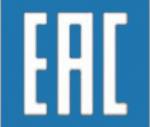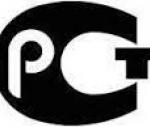Belarus: steps towards the “green economy”
Belarus is planning to implement the National Action Plan on the Development of the Green Economy up to 2020. This plan calls for a number of regulatory changes, as the Ministry of Natural Resources and Environmental Protection has recently announced.
In particular, the Ministry plans to amend the legislation on public procurement of goods and services with the aim to promote “green” procurement.














